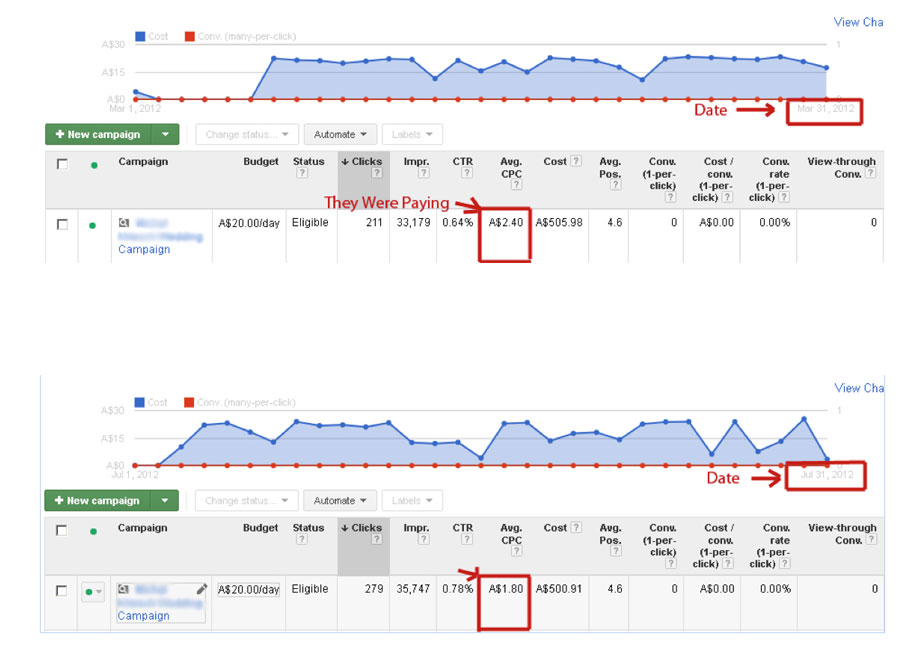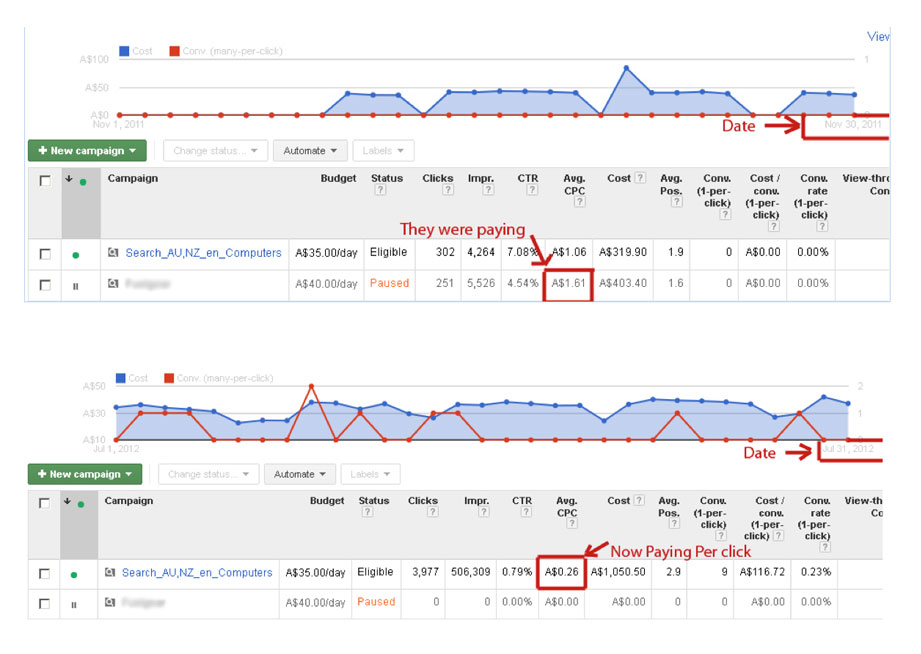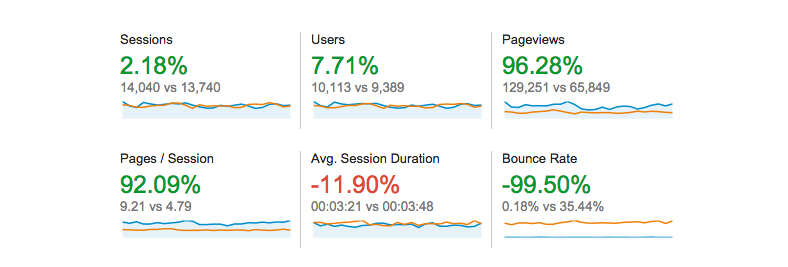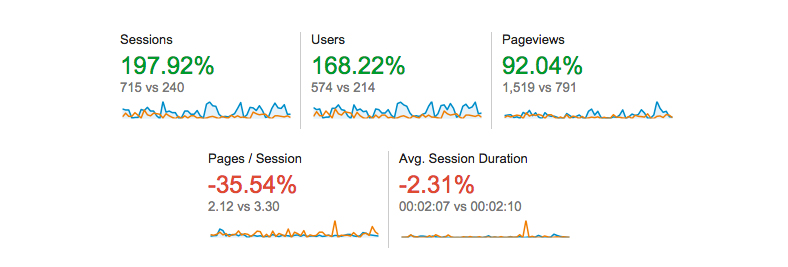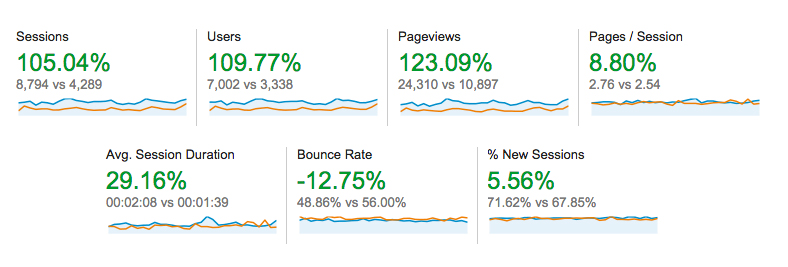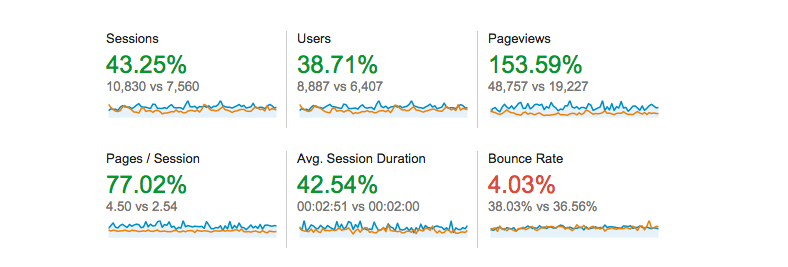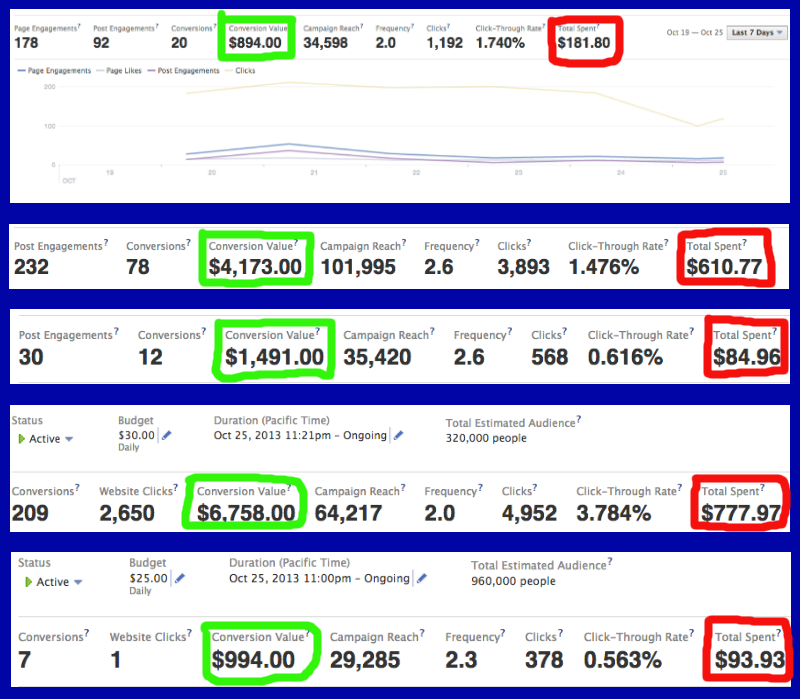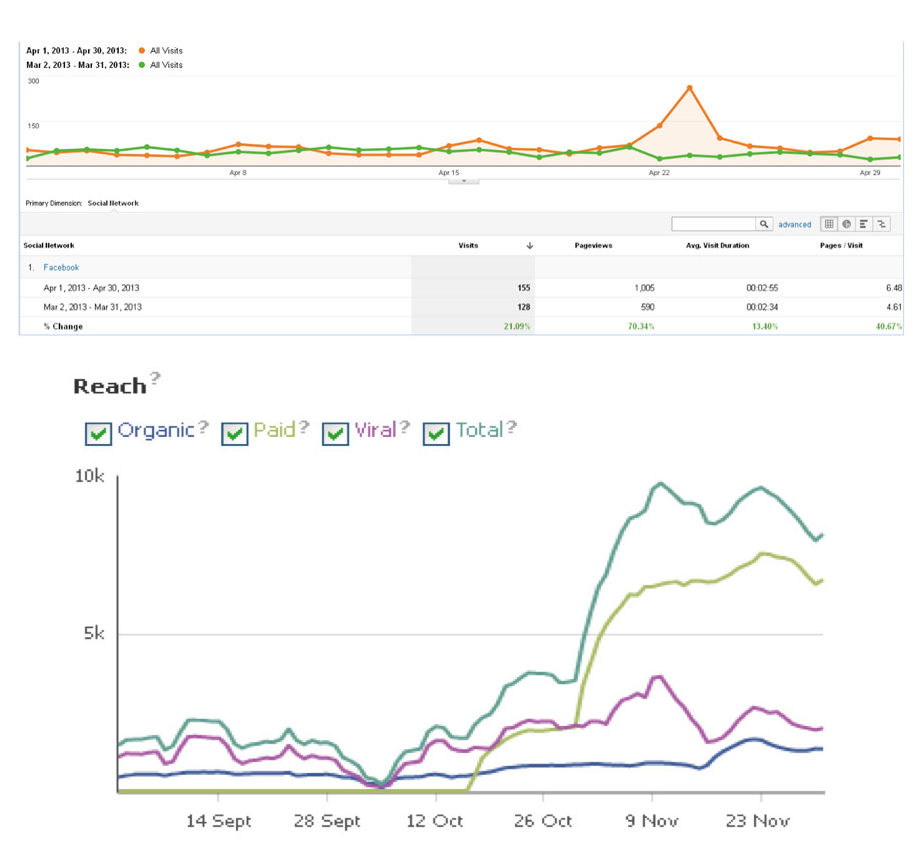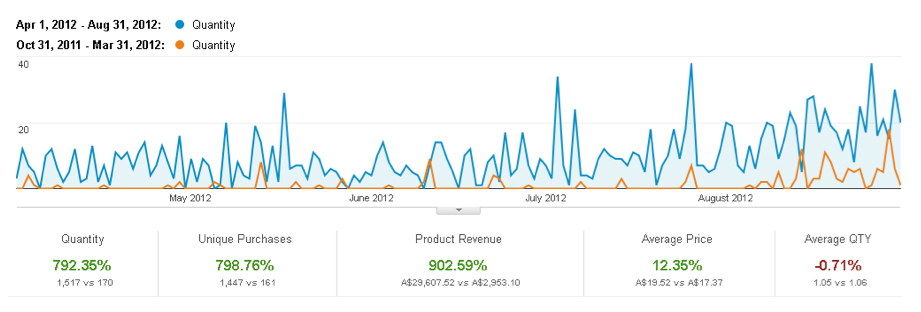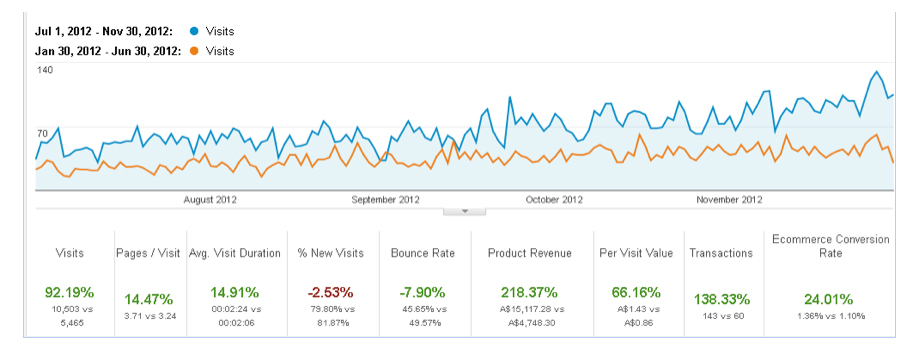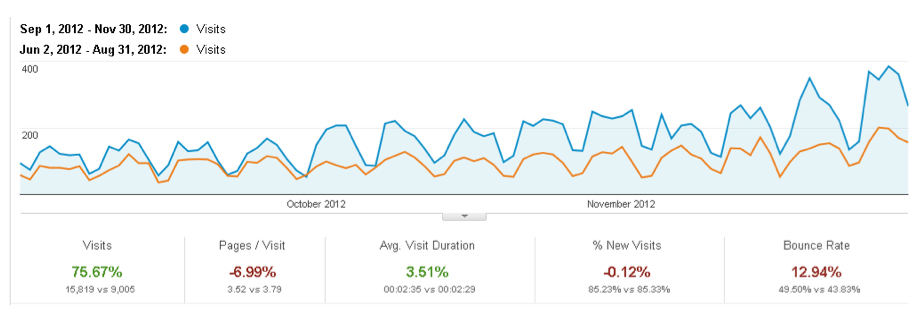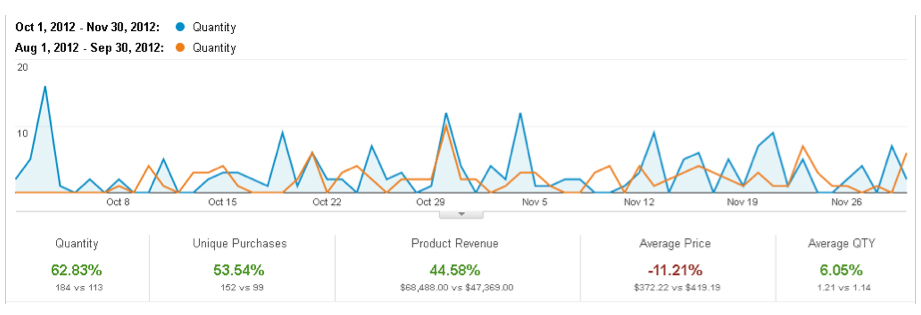The need to define your target market
 The very first thing that you need to know when running a business or looking to start a business is who your target market is. Now some of you people go out there setup a business or open up shop start selling things on the internet but they don’t know who they are actually selling to.
The very first thing that you need to know when running a business or looking to start a business is who your target market is. Now some of you people go out there setup a business or open up shop start selling things on the internet but they don’t know who they are actually selling to.
So people who are out there and already selling things, this may not seem like a problem and If you are out there and you are selling things on a consistent basis, you may think that you are doing pretty well when in fact it couldn’t be farther from the truth.
Now I can guarantee you that a massive portion of your advertising or your marketing budget is going to waste because you are not effectively targeting the people that are going to purchase your product. If you are out there and your marketing is soft already but you don’t know who your target market is, a good portion of your ad spend or your marketing spend is going to be going to waste and the problem is that you don’t know which portion is actually losing you money.
Some of it will be losing you money and some of it will be making you money and so if you knew exactly who you were targeting, you would know which set of marketing is going to be more successful and you can cut the stuff that isn’t going to be successful before you even start marketing and just focus on the things that are going to improve your business and continue to grow your business.
So I’ve put together a pretty short and sharp checklist for you to run through to get clear on who your target market is so that you can go out there and be more effective with your marketing. It’s kind of like fishing – you need to know where they are, what time they are there, when they bite, what sort of bait you should be using, what sort of rod you should be using and once you know this it’s going to be a lot easier to hook the prospects that you want.
You’ll be able to target your marketing messages a lot clearer which will in turn increase your conversion rates and make your whole marketing channel a lot more effective.
Checklist for defining one’s target market
Okay so let’s start off with demographics:
- We got age, quite an obvious one. What sort of age bracket are they in mainly. It might not be a specific age but are they teenagers? Are they in their 20’s? Are they 20’s to 40’s? Just come up with an age bracket.
- Sex – are they male or female? Maybe if you are in that sort of industry – do they like sex? What sort of sex do they like? What sort of sex products do they buy or like or whatever. The main point of all these checklists is with the main point – just keep asking more and more questions about the main point and you come up with a wealth of information that you can use to clearly define who you actually want to sell to.
- Their education – have they been formally educated? Do they go on after high school? Do they go to universities? Do they do extra study? Do they study after hours or are working full time and are doing like a night school thing or are they more like a life learner? Do they educate themselves through other mediums through reading blogs, through watching videos, through reading the newspapers, watching educational television programs? Where did they educate themselves, how are they already educated and how does that relate to your business?
- Income – what level of income are they on? Are they on a massive income and they don’t have any disposable income because they’ve already spent it all? Do they have a mortgage? Do they save money? Do they invest money? Do they invest in property? Do they invest in shares? How often do they invest? Are they risky investors or are they more conservative? Do they plan long-term with their investments and their finances?
- With their occupation – what do they do? Are they in profession? Are they in more labor intensive jobs? How long have they been working there? Do they love their job? Do they hate their job? How much do they work? Do they work full time or part time? Are they working, you know like most people these days, are they working extra hours? Are they working 50, 60, 80 hours a week or are they just doing 40 hours a week? This is all very relevant to how you are going to approach them and who you are going approach to sell your product or service.
- Are they a business owner? How big is the business? How long have they been in business? Is the business doing well or is it going through tough times? Are they bigger than they were a year ago or are they smaller than they were a year ago? Are they a sole trader and do everything themselves? Do they belong to a large business? Do they just work on the business or do they have people working on the business. How long are they going to be in the business?
- Location – where is the business located and where do they live? Is your business geo-specific and can you only sell to people within a certain distance from where your business is. That aside, can you sell your products or services to a wider audience through the internet.
- Religion – do they have a particular religion that they follow? Are they totally against religion? Do they go to some sort of religious gathering on a consistent basis? Do they say prayers at night or in the morning? What are their religious routines?
- Social class – what social class are they? Are they at a lower social class, mid or upper class?
- What is their marital status? Are they married? Are they divorced? Do they want to be in a relationship or don’t want to be in a relationship? Not everyone wants to be in a relationship at a certain point in time.
- Children – how many do they have? What age are they and what gender are they? If they are very young, the parents may be buying nappies and baby food and all that sort of stuff as opposed to having teenagers that may be in high school. This is all going to affect the psychology of a person and going to affect how they decide to buy from you.
- Are they in communities or social groups? Do they do volunteer work? Are they in alcohol anonymous groups? It may sound funny but if you knew that a particular people are in AA groups, you might market to them slightly differently than someone who is not.
- Sport – do they watch sport or do they participate in sport? Have they been injured and can no longer participate in sport anymore and wish that they still could?
- What else do they like that is related to any of the things that was spoken about or is going to speak about? What are their friends like?
- Do they drive a car? What type of car do they drive? Is it a sports car? Is it a luxury car? Is it a family car? Is it a small car? Why do they drive that type of car? If they are driving a small car, maybe they are more eco-conscious or maybe they are money-conscious. If they have a luxury car, why do they have a luxury car? Most people want a luxury car to reward themselves or they might like it as a status thing they want to look good. What sort of car do they like? What’s their ideal car and what’s their dream car? Same thing for motorbikes or scooters- do they drive a motorbike or a scooter? Do they drive a motorbike or scooter during the week and they have their luxury car on the weekend?
- What kind of problems might they have? Are they overweight or have health ailments? Do they have finance problems or relationship problems? Do they have time problems? Are they so busy in life which is a common problem these days it’s very hard for them to get everything done? If you go and try to sell something to someone that actually have to do more work and put in more effort and takes more time then they have a time problem, they probably are not going to buy from you so you need to understand exactly what their problems are before you sell to someone.
- What are their needs and what do they really want? For example, you may have a target market that loves to dance? Why do they dance? Do they dance because they want to learn to dance? Maybe they are to dance in a wedding or dance in a show or is it that they are purely dancing for the fun of it and they just want to get fit and have a good laugh at the same time. So what is it that they really want? Sometimes it’s not the initial thing that comes to mind.
- What habits or consistencies do they have? Do they love to go to the pub every Friday night? Do they take every Saturday off to go swimming? Do they take every Sunday off and just veggie out and do absolutely nothing? Is going to the gym a set amount of times every week important to them? Do they wake up early? Do they wake up late? Do they like to sleep in consistently? Are they consistently looking for new things or are they consistently doing the same things over and over again?
- What are their hobbies? What are their interests? What do they spend time doing? What do they talk to their friends about? It may seem like a little bit silly – what do they talk to their friends about, but these are biblically important stuff that you need to know. These are the things that are on their mind and once you know them, you can market to them much more effectively.
- What’s missing in their lives? What’s that big gap that you can fill for them? A lot of people are walking around unfulfilled or a feeling of emptiness, a feeling of missing something, something that’s incomplete. What is it for them that you can help them discover through your product or service?
- How do they make decisions? Do they make decisions quickly? Do they make them slow? Do they need to see something in particular before they purchase? Do they need to hear something? Do they need to touch something? Do they need to see someone else with the same thing before they decide to buy it? Is it based on price? Are they going to shop around for lots of different options or are they going to see something and buy it straight away as it fulfill their values?
- What motivates them? What gets them excited? What would they get up on an early Sunday morning for? What would they stay back late at work for? What are they scared off happening? What would motivate them that would be a negative thing? Are they worried about getting wrinkly? Will your anti-wrinkle cream help prevent wrinkles and motivate them to purchase it? Will the fear of losing all the assets and everything they built up over the years motivate them to buy your insurance?
- Who are the closest people to buying your product or service? For example, if someone is pregnant or if they just gotten pregnant, they probably are not looking to purchase a stroller right now. They may be looking to purchase a stroller in the second trimester or the third trimester. So it makes more sense to target the people in the second or third trimester who are looking to buy a stroller or a crib or any of the other things that you buy for a baby closer to the time that they are looking to buy. Absolutely you want to target the people that just got pregnant but you might target them as a secondary or tertiary target. You want to target the people that are closest to purchasing your products today first and then target people that are further away from making the buying decision later on. So who are the closest people to buying your product or service now?
Check out Part 2 of Defining Your Target Market




